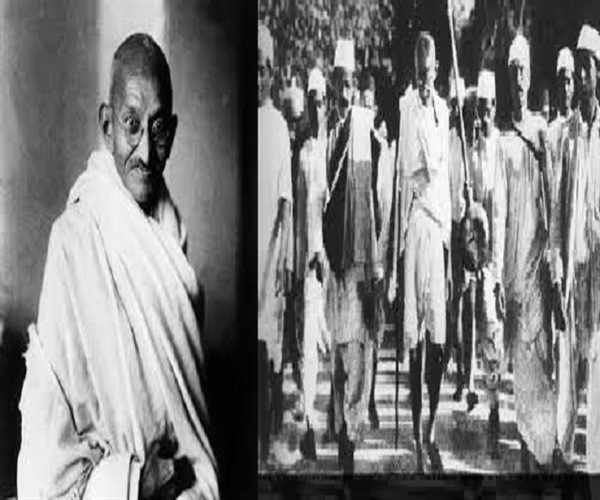Mahatma Gandhi, also known as Mohandas Karamchand Gandhi, was the leader of the Indian independence movement against British rule. He employed nonviolent civil disobedience as a means to achieve his goals. Gandhi is internationally honored for his philosophy of nonviolence and his leadership of the Indian independence movement. He is often called Mahatma, which means "Great Soul."
Gandhi was born in Porbandar, Gujarat, India, on October 2, 1869. He was educated in India and England. After graduating from law school, Gandhi moved to South Africa to practice law. In South Africa, he became involved in the struggle against racial discrimination. He organized protests and strikes, and he also founded the Natal Indian Congress, the first Indian political organization in South Africa.

In 1915, Gandhi returned to India. He quickly became involved in the independence movement. He led protests against British rule, and he also organized boycotts of British goods. Gandhi was arrested many times, but he never gave up his nonviolent struggle.
In 1947, India finally gained its independence from Britain. Gandhi was instrumental in the negotiations that led to independence. He also helped to create a constitution for India that guaranteed religious freedom and equality for all citizens.
Gandhi was assassinated on January 30, 1948. He was shot by a Hindu nationalist. Gandhi's death was a great loss for India. He is still remembered as one of the greatest leaders in Indian history.
Gandhi's role in India's independence was immense. He was the driving force behind the nonviolent movement that eventually led to the British withdrawal from India. He was also a tireless advocate for social justice and equality, and his work helped to lay the foundations for a more just and equitable India.
Gandhi's legacy continues to inspire people around the world. His nonviolent methods of protest have been used by activists in many different countries, and his commitment to social justice is an example for all people.